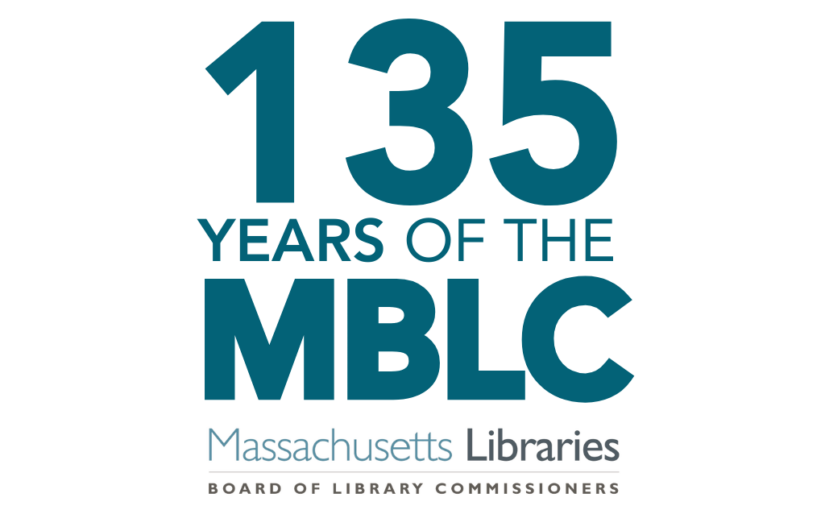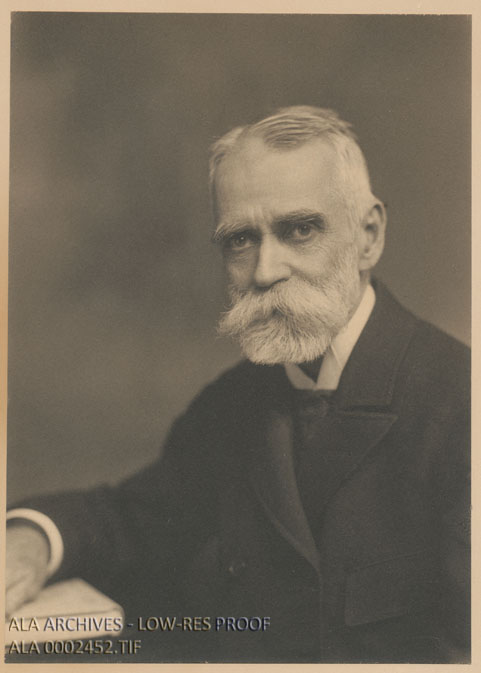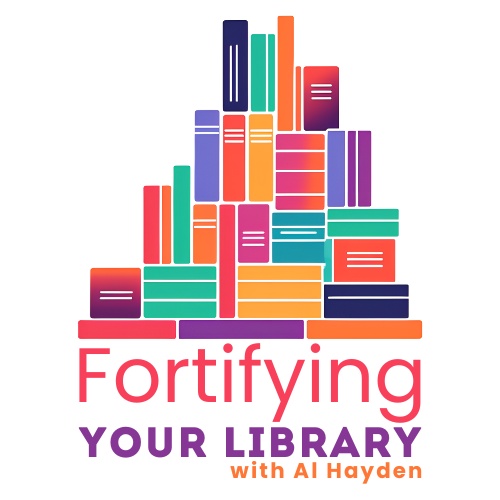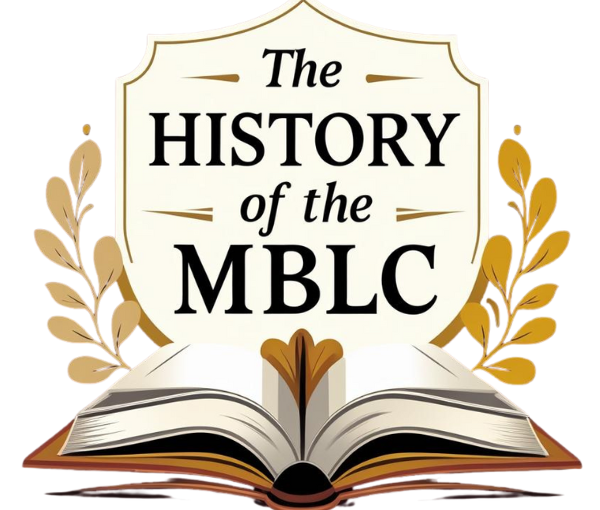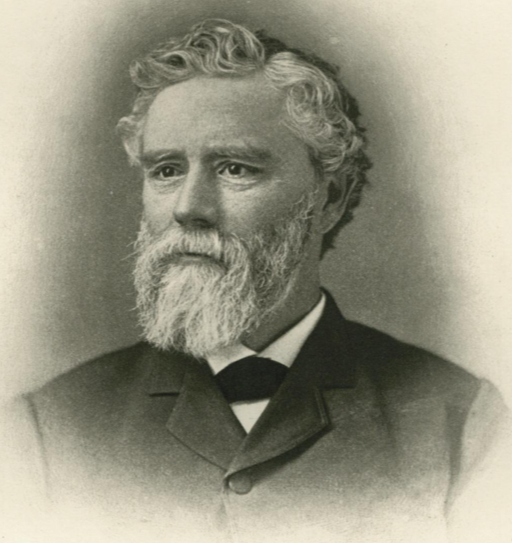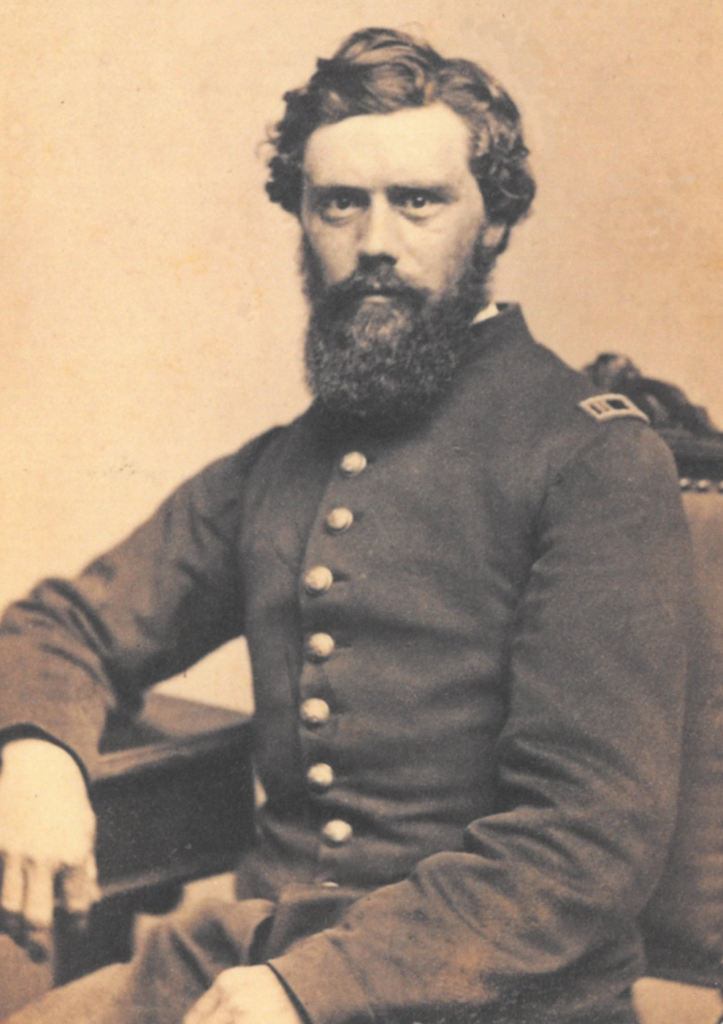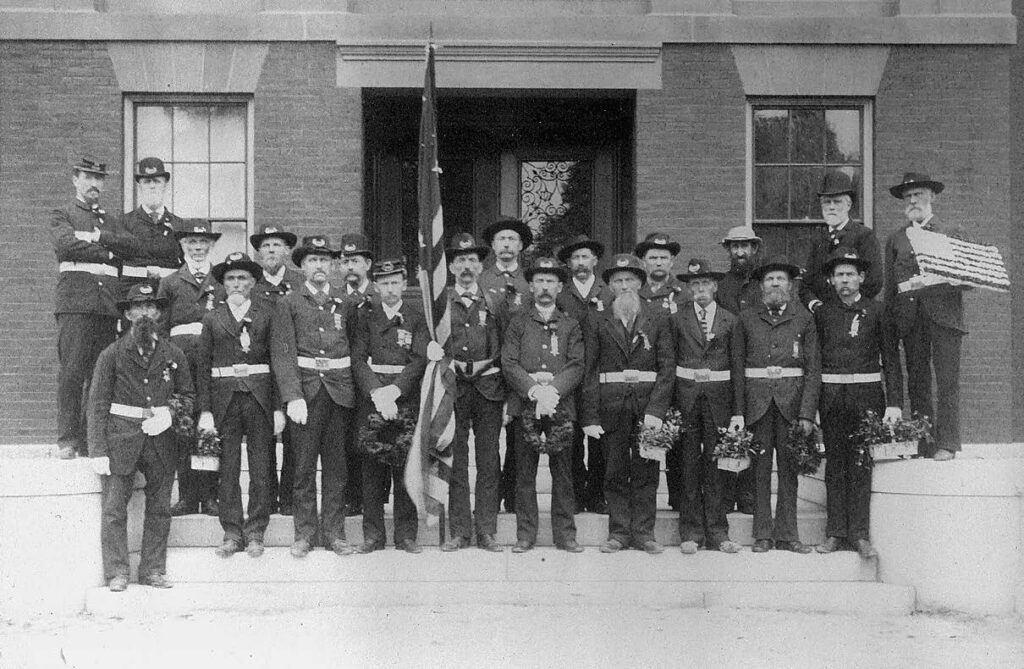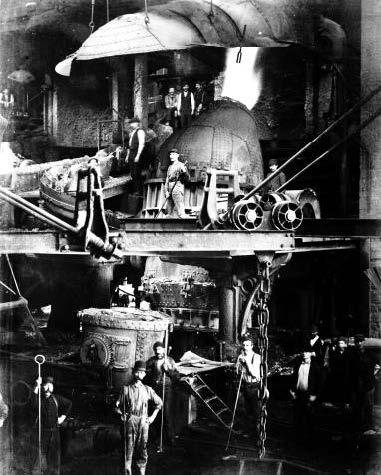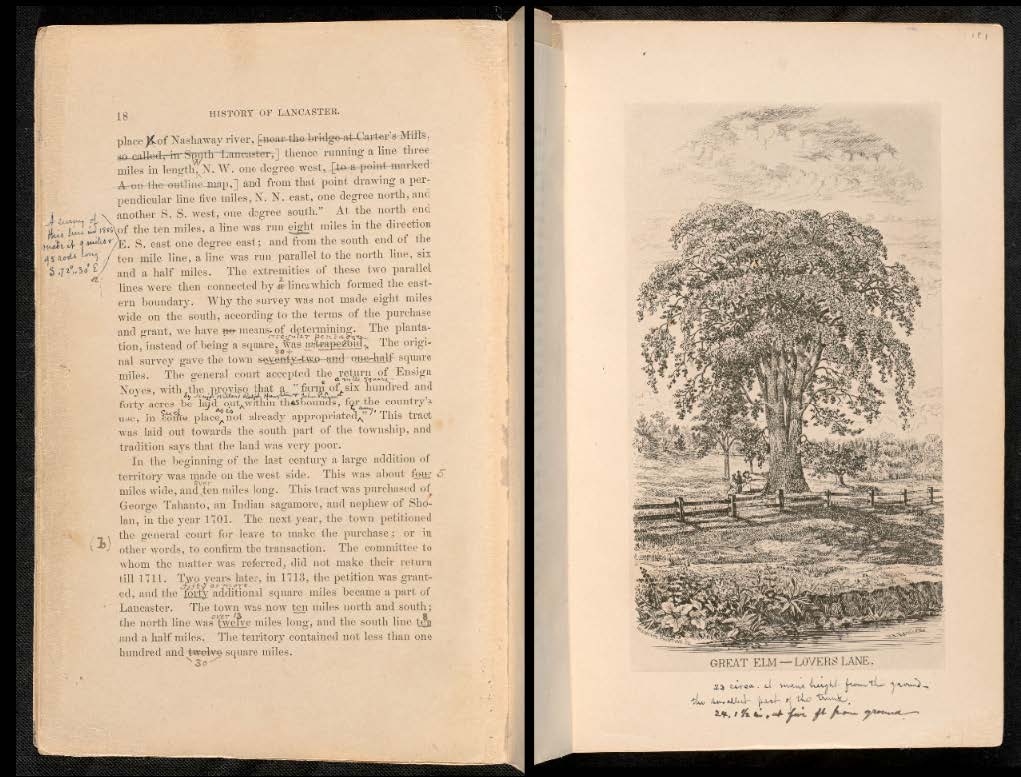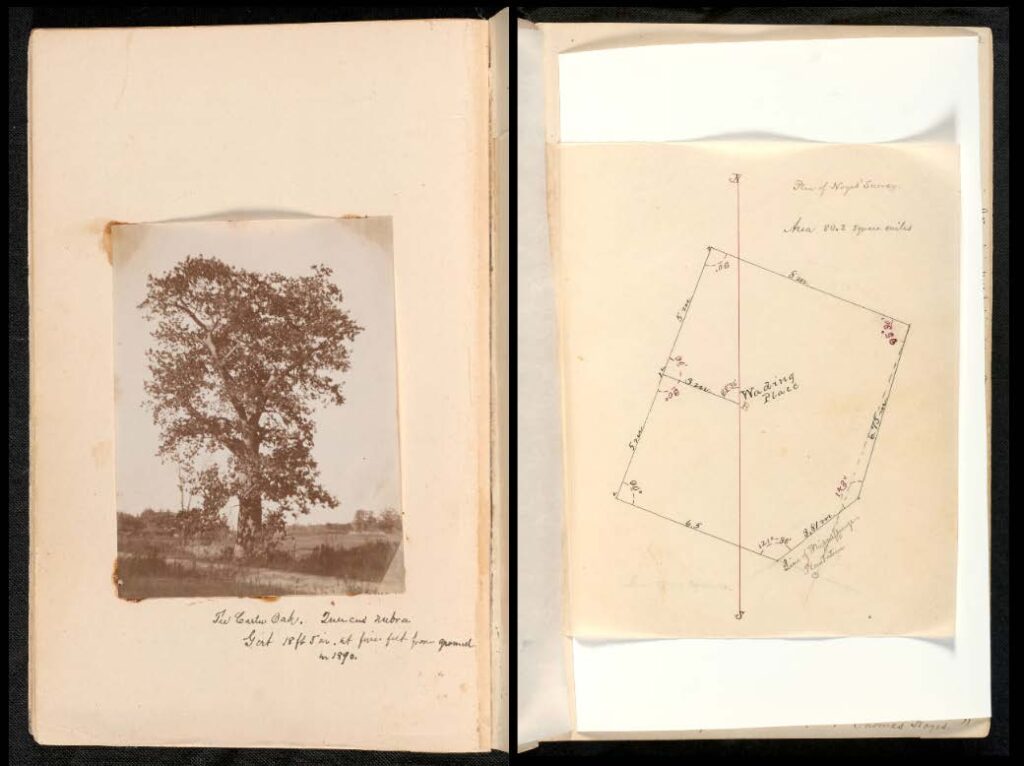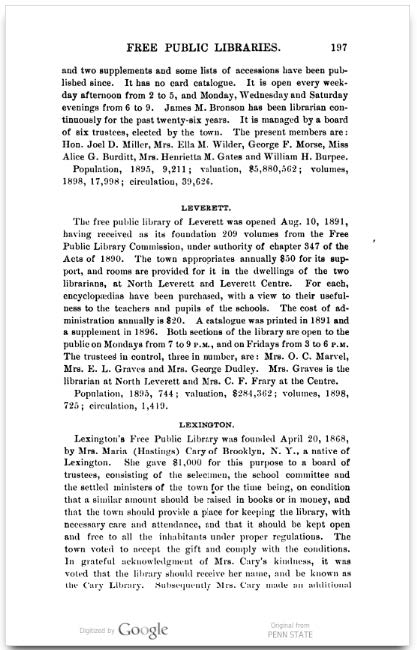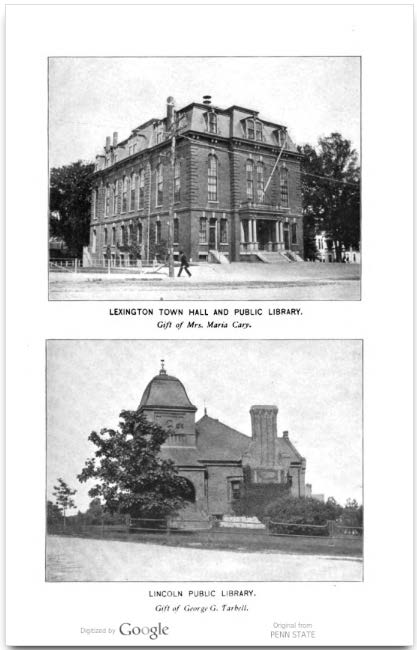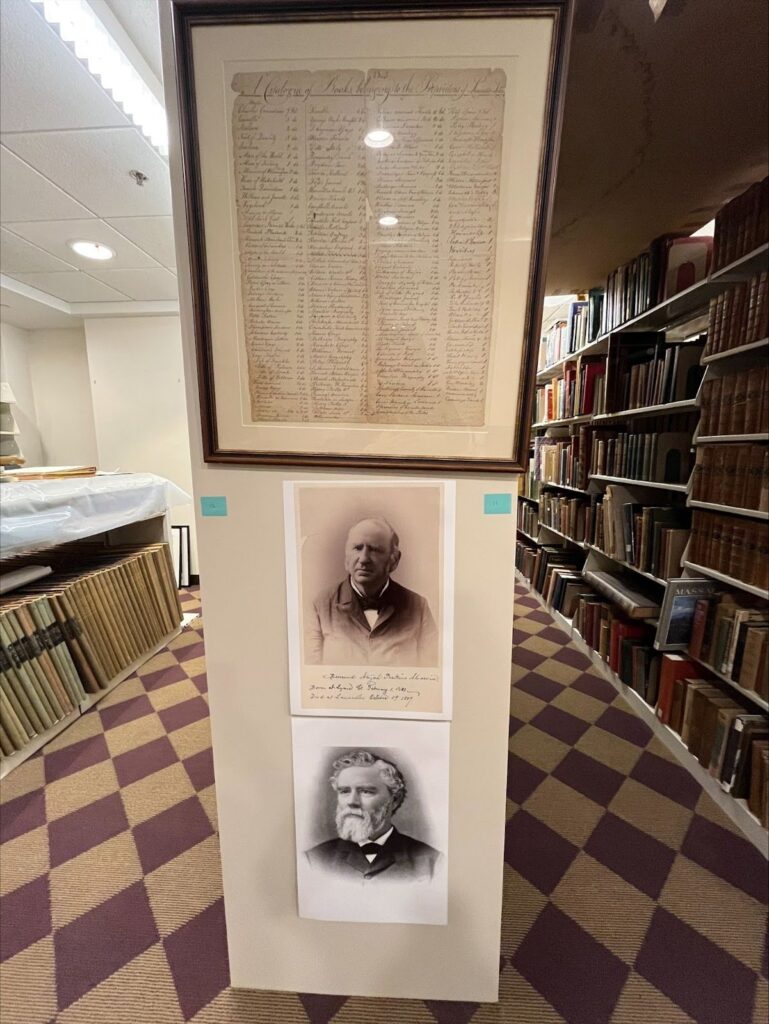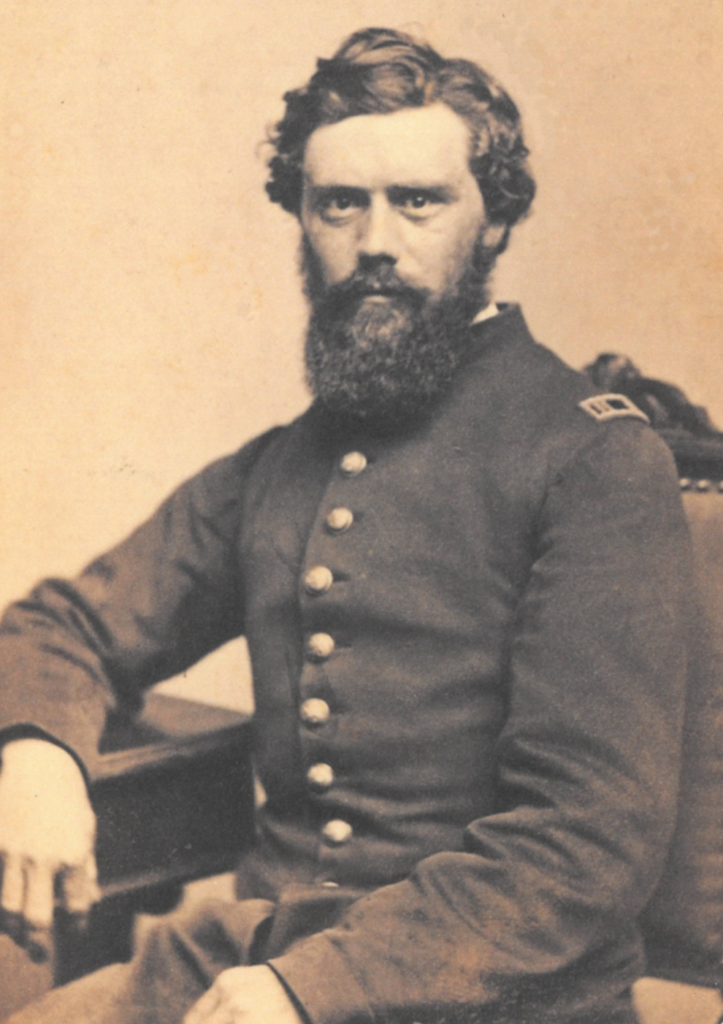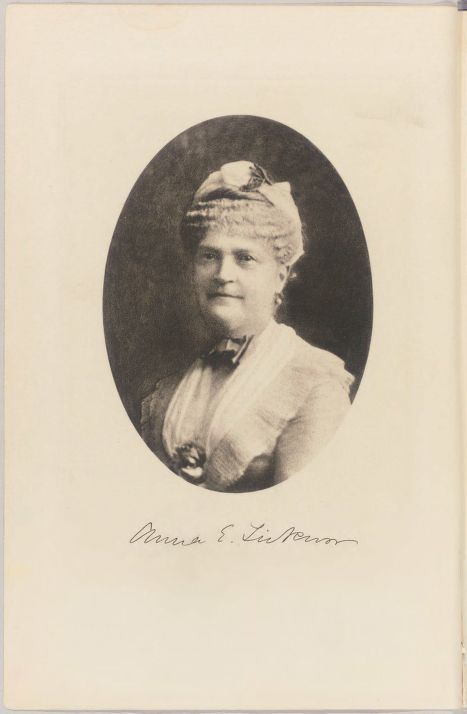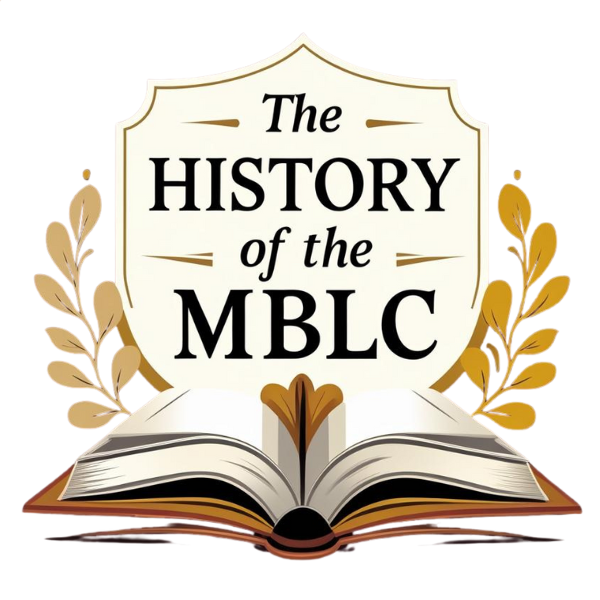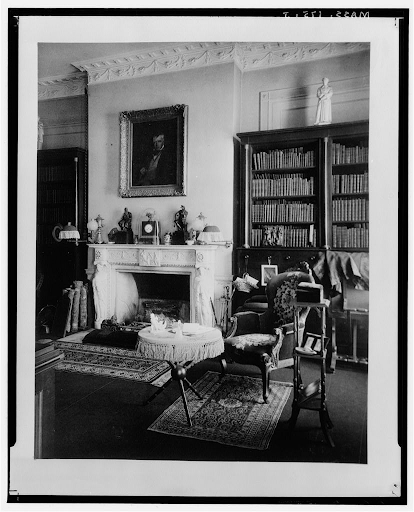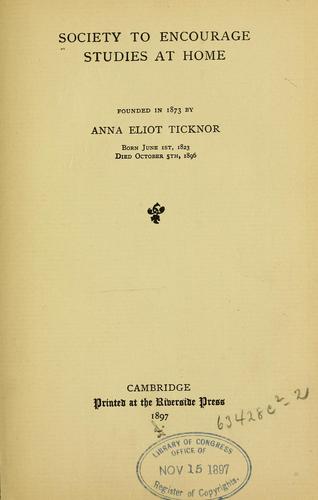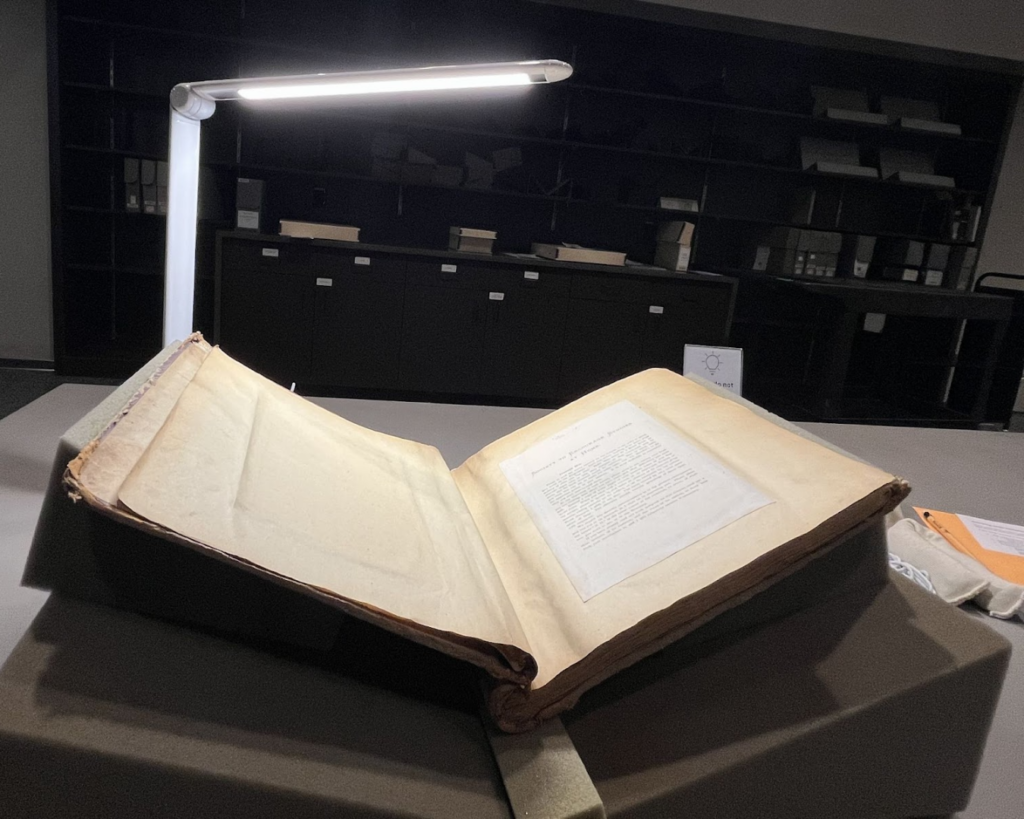📰 Library News from Across the Commonwealth and the Nation*
Have a news story you’d like to share? Please email the link to June Thammasnong, thank you!
🗞️ Local News
📄Andrea Bono-Bunker Winner of Prestigious Governor’s Award – MBLC Press Release (10/1/2025)
The Massachusetts Board of Library Commissioners (MBLC) is pleased to announce that Andrea Bono-Bunker, Library Building Consultant in the Massachusetts Public Library Construction Program (MPLCP), is the winner of the prestigious Manuel Carballo Governor’s Award for Excellence in Public Service.
Link to full MBLC Press Release about the Governor’s Award
📄Reading the Revolution MA250 Booklists: Our Ongoing Journey to a Free and Equal Nation – MBLC Press Release (10/1/2025)
The Massachusetts Board of Library Commissioners (MBLC) is delighted to announce the launch of Careers in Libraries, a new collection of video stories featuring diverse library staff from across the Commonwealth. These brief videos highlight the different career possibilities in libraries, the passionate people working in libraries, and the many ways libraries serve as vital community spaces. The videos can be viewed online at: libraries.state.ma.us/careers-in-libraries
Link to full MBLC Press Release about Reading the Revolution
📄Careers in Libraries: Massachusetts Library Staff Share their Stories – MBLC Press Release (9/29/2025)
The Massachusetts Board of Library Commissioners (MBLC) is delighted to announce the launch of Careers in Libraries, a new collection of video stories featuring diverse library staff from across the Commonwealth. These brief videos highlight the different career possibilities in libraries, the passionate people working in libraries, and the many ways libraries serve as vital community spaces. The videos can be viewed online at: libraries.state.ma.us/careers-in-libraries.
Link to full MBLC Press Release about Careers in Libraries
📄Big Turnout for Gloucester’s New Library – MBLC Press Release (9/12/2025)
Massachusetts Board of Library Commissioners (MBLC) members Joyce Linehan and Jessica Vilas Novas joined Lieutenant Governor Kim Driscoll, State Senate Minority Leader Bruce Tarr, State Representative Ann-Margaret Ferrante, and local and state officials to congratulate the Gloucester community on the opening of the new Sawyer Free Library. The MBLC supported the project with a grant for over $9 million from its Massachusetts Public Library Construction Program.
Link to full MBLC Press Release about the new Sawyer Free Library
More articles on Gloucester’s new library:
📄I’m a Librarian, Therapist, Personal Assistant and First Responder. Moments Like This Make It All Worth It – Katie Walsh, Slate (9/15/2025)
It’s one of the most controversial jobs in the country, but I’m so glad it’s mine.
It was a quiet evening at the library, which isn’t always a given. I work at a busy city library in the Boston area, located directly across from a high school, so we spend a lot of time helping people print and scan documents, apply for jobs, and look for housing, and in between all that, we try valiantly to get the teens to please, please stop vaping.
Link to full article from Slate
📄Banner survey: School library access varies across Massachusetts – Peter C. Roby, The Bay State Banner (9/29/2025)
As the Massachusetts School Library Association marked its 50th anniversary in March, the Bay State Banner conducted a survey to assess the state of school libraries. The survey covered 302 of Massachusetts’ 319 public school districts, 52 of 73 charter districts and 221 private schools.
Link to full article at The Bay State Banner
📄Norwood MA library will offer virtual access to Massachusetts court services – Beth McDermott, Wicked Local (9/29/2025)
The Morrill Memorial Library in Norwood is relaunching a program that provides public access to state court services. The Massachusetts Trial Court Law Library’s so-called Public Library Initiative offers visitors access to computer terminals and the internet to search for court resources, such as interpreter services, legal aid and case information,
Link to full article at Wicked Local
📄Springfield library fundraising campaign reaches goal – Ryan Feyre, The Reminder (9/30/2025)
SPRINGFIELD — An eight-year fundraising initiative reached its official conclusion on Sept. 16 when the Springfield Library Foundation presented the final $137,500 of the East Forest Park Library’s Promised Realized Campaign.
Link to full article at The Reminder
📄Around Amherst: Jones Library Capital Campaign delivers another $2 million – Scott Merzbach, Amherst Bulletin (9/16/2025)
AMHERST — A $2.06 million payment recently delivered to Town Hall by the co-chairs of the Jones Library Capital Campaign maintains a commitment to transfer money toward the building’s $46.1 million expansion and renovation project on a regular basis.
Link to full article at Amherst Bulletin
📄Fitchburg library announces community giving campaign – Danielle Ray, Sentinel & Enterprise (9/17/2025)
FITCHBURG — The library recently launched a community giving campaign.
According to a press release the Fitchburg Public Library, currently in the midst of a $40 million renovation and expansion project, is inviting members of the community to write their names into the history of this transformative effort. The Legacy of Learning community giving program will provide donors at all levels with the opportunity to be enshrined in the expanded facility when it opens its doors in 2026.
Link to full article at Sentinel & Enterprise
📝The History of the MBLC: Henry Stedman Nourse – Jessica Branco Colati, MBLC Blog (9/22/2025)
The Honorable Henry Stedman Nourse (April 9, 1831 – November 14, 1903), of South Lancaster, Lancaster, served as a founding commissioner of the Free Public Library Commission of Massachusetts from 1890 until his death in November 1903, soon after his appointment to a third term on the Commission.
Link to full post on the MBLC Blog
📝Do Funding and Staffing Change with Increased Usage? – Al Hayden, MBLC Blog (9/25/2025)
In this edition, we will examine what’s happened in the past for library funding from municipalities and staffing and try to answer to question “Do funding and staffing change with increased usage?”
Link to full post on the MBLC Blog
📝The History of the MBLC: Anna Eliot Ticknor – Jessica Branco Colati, MBLC Blog (9/5/2025)
Anna Eliot Ticknor (June 1, 1823–October 5, 1896),of Boston, served as a founding commissioner of the Free Public Library Commission of Massachusetts from 1890 until her death in 1896. Ticknor was considered a “Boston Brahmin”, growing up in a prominent, well-traveled, highly educated, and literary-minded family. She was an author and early proponent of distance learning, especially for women to continue their education while carrying out their wifely and motherly duties at home. She also gave voice to the role libraries could play in educating the public.
Link to full post on the MBLC Blog
🗞️ National News
📄 The Normalization of Book Banning– Banned in the USA (2024-2025) PEN America Report (10/1/2025)
The book bans that have accumulated in the past four years are unprecedented and undeniable. This report looks back at the 2024-2025 school year – the fourth school year in the contemporary campaign to ban books – and illustrates the continued attacks on books, stories, identities, and histories.
Link to the full report from PEN America
📄 ALA disappointed by FCC takebacks, lack of due process in decision to end library hotspots, school bus Wi-Fi – American Library Association Press Release (9/30/2025)
Washington, D.C.– The American Library Association (ALA) and partners in the Schools, Health & Libraries Broadband (SHLB) Coalition, expressed disappointment with today’s Federal Communications Commission (FCC) vote to end E-Rate support for library and school hotspot lending programs and school bus Wi-Fi.
Link to full press release from ALA
📄 Appeals court, weighing Trump’s Library of Congress takeover, reinstates copyright chief– Josh Gerstein, Politico (9/10/2025)
A federal appeals court ruled the nation’s top copyright official can continue serving in her post following President Donald Trump’s attempt to fire her.
A divided three-judge panel of the D.C. Circuit Court of Appeals ruled Wednesday that Shira Perlmutter is entitled to continue to serve as the register of copyrights at the Library of Congress, despite the White House’s claim that Trump fired her from the post in May.
Link to full news article from Politico
📄Rebuilding a Historic Jewish Library, Book by Book– Catherine Hickey, The New York Times (9/8/2025)
The Nazis seized tens of thousands of books from the Jewish Theological Seminary in Budapest, but the works are making their way back, including one being returned in New York this week.
Link to full article from The New York Times
📄 Library groups praise enactment of Freedom to Read Act – Coastal Point (9/30/2025)
The Delaware Library Association and Friends of Delaware Libraries this week praised the enactment of House Bill 119, the Freedom to Read Act of 2025.
Link to full article from Coastal Point
📄 Arthur Sze is appointed U.S. poet laureate as Library of Congress faces challenges – Hillel Italie, Los Angeles Times (9/15/2025)
At a time when its leadership is in question and its mission challenged, the Library of Congress has named a new U.S. poet laureate, the much-honored author and translator Arthur Sze.The library announced Monday that the 74-year-old Sze had been appointed to a one-year term, starting this fall.
Link to full article from Los Angeles Times
📄 American Libraries recognizes 15 libraries in the 2025 Library Design Showcase – American Library Association Press Release (9/2/2025)
CHICAGO – Fifteen new and renovated libraries feature in American Libraries’ 2025 Library Design Showcase. The 37th annual showcase highlights innovative constructions and remodels across the US and Canada that address patrons’ evolving needs. This year’s selections were completed between May 1, 2024, and April 30, 2025.
Link to full press release from American Library Association
📄 It’s ‘Absolutely Vital’ I Pursue My MLIS Now | Opinion – Erica Sikma, School Library Journal (9/23/2025)
When I tell people that I’m working on my Master’s in Library and Information Science (MLIS), the responses range from, “Wow, that’s great” to “You won’t have a job.” So why did I, an Oregon Trail Millennial, decide to spend what little money I have to go back to school in this current climate? Let me back up a little.
Link to full article from School Library Journal
📄 Why Teens Love to Hang Out at the Library – Ki Sung, KQED (9/23/2025)
Public libraries have made significant transformations over the past decade to better serve community needs in the wake of technological and social change. Now, as public school funding faces an uncertain future, how will libraries step in? We’ll talk to some library kids who go to teen-only spaces after school and hear about how librarians are working hard to meet their needs.
Link to full article and podcast from KQED
📄 Road to Recovery – Cass Balzer, American Libraries (9/15/2025)
Preparing for a ransomware attack and building a support network can improve library response. On a morning in October 2023, an accountant at Orion Township (Mich.) Public Library (OTPL) saw something in her accounting software that alarmed her: file names written in Cyrillic.
Link to full article from American Libraries
📄 Broadway Comes to the Library, and the Library Goes to Broadway – Sahar Kazmi, Library of Congress Blogs (9/29/2025)
In a page among the Library’s Jonathan Larson Papers, the visionary composer and playwright mused: “… if I want to try to cultivate a new audience for musicals I must write shows with a score that MTV ears will accept.” Larson’s collection is not the largest in the Library’s Music Division, but among the roughly 15,000 items included within it are scripts, personal writings, programs, correspondence, recordings, lyric sheets and even floppy disks that provide an intimate look into the mind of a generational artist.
Link to full press release from Library of Congress Blogs
📺New York Public Library announces major exhibition for America’s 250th anniversary – ABC News (9/13/2025)
Brent Reidy from the New York Public Library joins ABC News Live to discuss its rich history and announce a new major library exhibition to celebrate America’s 250th anniversary.
Link to full video from ABC News
*Links provided to external (non-MBLC) news stories are done so as a convenience and for informational purposes only; they do not constitute an endorsement or an approval by the MBLC. MBLC bears no responsibility for the accuracy, legality, or content of the external site or for that of subsequent links. Contact the external site for answers to questions regarding its content.
